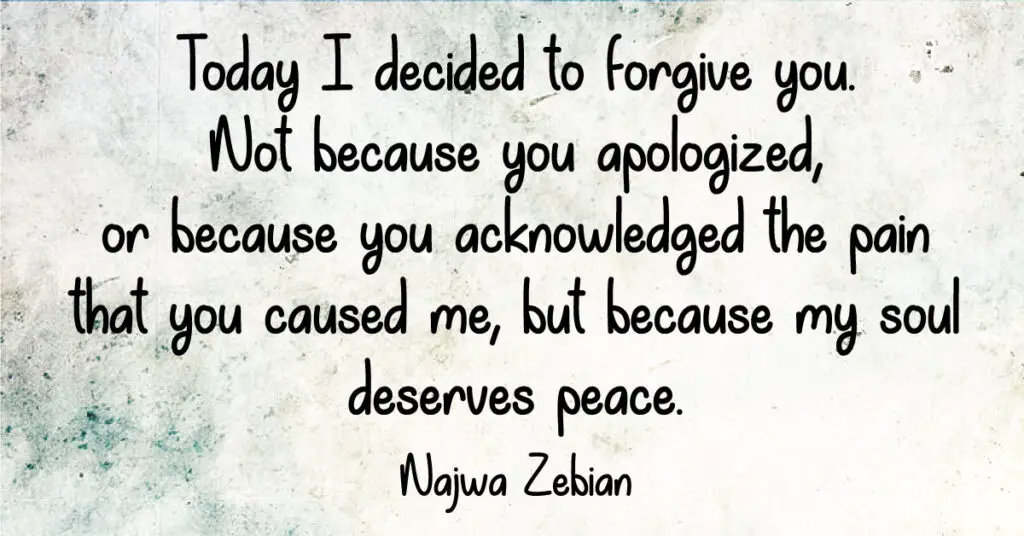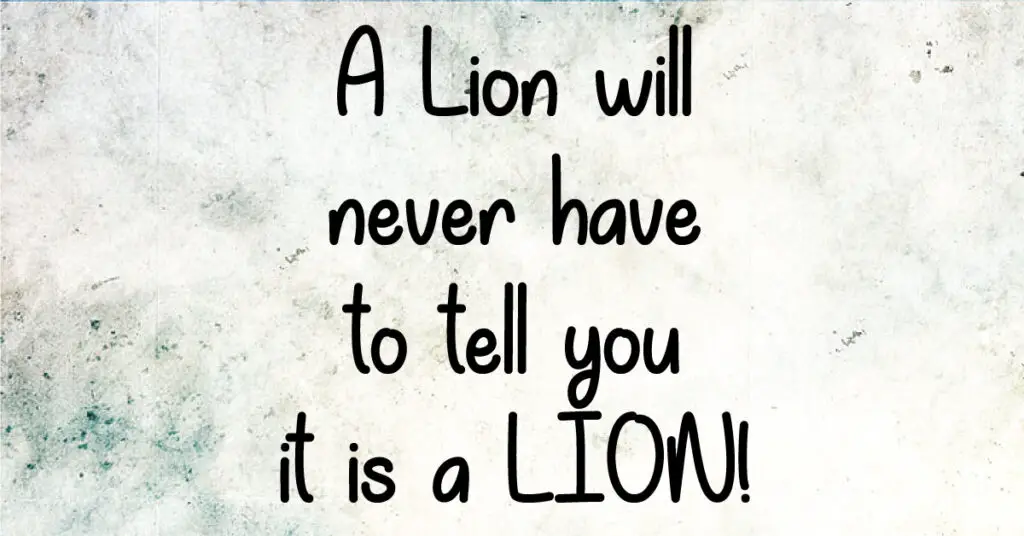Navigating relationships, whether they are familial, romantic, or platonic, requires a fine line to be walked between providing loving support and falling into a pattern of unhealthy enmeshment. Understanding this distinction is not just a matter of semantics, but a crucial element in cultivating balanced, healthy interpersonal relationships.
But what exactly distinguishes supportive behavior from enmeshment? And why is it so essential to differentiate between the two? In this article, we delve into these intricate dynamics, aiming to provide clarity on these often misunderstood concepts.
What is Enmeshment
Enmeshment is a term used to describe relationships that lack clear boundaries, leading to intense emotional interdependence. In such relationships, individuals can become so intertwined that they lose sight of their own emotional needs, instead focusing primarily on fulfilling the requirements of the other person.
This excessive connectedness often results in a loss of personal autonomy and individual identity. Distinguishing between healthy support and enmeshment can be tricky, as both involve connection and care for the other person. However, the key difference lies in the presence or absence of boundaries, making this a complex dynamic to understand and manage effectively.
Understanding Enmeshment
Enmeshment is a relational phenomenon that often takes root when the boundaries between individuals become hazy or entirely absent. This can frequently occur within families, where roles and expectations may become muddled. For instance, parents might become excessively dependent on their children in ways that are inappropriate, crossing the line of normal parental-child relationships.
These blurred boundaries can disrupt the natural progression towards more balanced and mutually respectful relationships, which are particularly crucial as children mature into adulthood. Hence, enmeshment can create a challenging dynamic that impedes the formation of healthy, equal relationships, especially between parents and their adult children.
Recognizing the Signs of Enmeshment
Here are some key signs of an enmeshed relationship:
Over-involvement in each other’s lives
Enmeshment often involves spending an inordinate amount of time together, to the point where individual activities or personal pursuits are largely neglected. This excessive togetherness leaves little room for much-needed personal space and independence.
Moreover, enmeshment can also manifest as an incessant need to know every detail about the other person’s life, including their thoughts, actions, and feelings. This constant invasion of privacy and personal space can further blur boundaries, stifering individual growth and self-exploration.
Lack of privacy or respect for personal space
An enmeshed relationship is characterized by a lack of respect for personal boundaries, which is crucial for maintaining individual autonomy. This may manifest as not acknowledging the other person’s need for solitude or time to themselves, disregarding their personal space and needs.
It could also involve intrusion into their personal space without consent, creating an environment where privacy is frequently violated. Ultimately, this disregard for personal boundaries can lead to feelings of suffocation and a loss of self in the relationship, undermining the health of the relationship over time.
Difficulty distinguishing your feelings from those of the other person
In an enmeshed relationship, emotional boundaries become so blurred that it becomes challenging to distinguish your feelings from those of the other person. This can result in you mirroring their emotions – feeling joy when they are happy, experiencing sadness when they are down, even if the causes for their emotions don’t directly impact you.
This intense emotional interdependence can make it difficult to maintain your emotional autonomy. Over time, this could lead to an unhealthy dynamic where your emotional wellbeing becomes overly tied to the emotional state of the other person.
Sacrificing your needs for the sake of the other person’s needs
This scenario involves a pattern of consistently placing the other person’s needs above your own, which can often lead to self-neglect. This could mean constantly making sacrifices or compromises that are harmful to your personal well-being in order to fulfill the other person’s desires.
Over time, this imbalance can result in emotional exhaustion and resentment, as your own needs and wants are continually sidelined. Ultimately, this lack of self-care and disregard for personal boundaries can be detrimental to both your mental and physical health.
Feeling guilty for pursuing independent activities
Feeling guilt or anxiety about engaging in independent activities, such as pursuing personal hobbies or spending time with friends, could indicate the presence of enmeshment in a relationship. The emotional tie becomes so strong that even the thought of doing something on your own can trigger feelings of unease or guilt, as though you’re neglecting the other person’s needs.
This can also hinder personal growth and the ability to maintain other important relationships. Ultimately, this is a sign of an unhealthy dynamic where individuality is suppressed, and co-dependency is prevalent.
Excessive worry about the other person’s problems
If you are incessantly preoccupied with the other person’s problems, even when they have the capacity to manage them independently, this could be a sign of enmeshment in the relationship. This excessive worry can lead to a pattern where you overstep boundaries by trying to solve their issues, inadvertently undermining their ability to cope on their own.
It can also cause undue stress and anxiety for you, as you take on burdens that aren’t yours to bear. Ultimately, this dynamic can hinder both your and the other person’s growth and self-reliance, as it fosters dependency rather than mutual support.
Difficulty making decisions without the other person’s input
In an enmeshed relationship, you may find yourself unable to make decisions on your own, even those of minor significance, without seeking the other person’s input or approval. This could be a result of over-dependence, fear of disapproval, or a lack of confidence in your own judgment.
It can also limit your personal autonomy and stifle your individuality, as every choice becomes contingent on the other person’s opinion or validation. Over time, this dynamic can lead to a loss of self-identity and hinder your ability to navigate life independently.
Feeling responsible for the other person’s happiness
Feeling obligated to maintain the other person’s happiness at all times can be an indication of an enmeshed relationship. This sense of duty can place an immense burden on you, as it requires constant emotional labor and often leads to neglecting your own needs and feelings.
It also sets an unrealistic expectation, as it’s impossible for anyone to control another person’s emotions constantly. Ultimately, this dynamic can create an unhealthy imbalance in the relationship, with one party shouldering the emotional well-being of the other.
Difficulty expressing disagreement or conflict
Struggling to voice your feelings or opinions when they diverge from the other person’s viewpoint can be indicative of an enmeshed relationship. This difficulty could stem from fear of conflict, rejection, or upsetting the other person, which often results in suppressing your own thoughts and emotions.
It can also lead to a lack of open communication and authenticity in the relationship, as you’re not fully expressing your true self. Over time, this dynamic can cause feelings of resentment and frustration, and prevent the development of a healthy, mutually respectful relationship.
Feeling trapped in the relationship
This feeling of discomfort often stems from a lack of autonomy and a continuous emphasis on addressing the other person’s needs and emotions in an enmeshed relationship. This dynamic can lead to a sense of personal erasure, as your own needs, desires, and feelings are frequently overlooked or disregarded.
The constant focus on the other person can also create an imbalance in the relationship, making it one-sided rather than mutually beneficial. Over time, this lack of autonomy and self-focus can result in emotional exhaustion and a loss of self-identity.
Lack of individual identity outside the relationship
Feeling that your identity is strongly linked to another person and experiencing difficulty in defining yourself independently could be a sign of enmeshment in a relationship. This suggests that you’re heavily reliant on the other individual for self-definition, often leading to a blurred sense of personal boundaries and individuality.
It can also result in a struggle to make decisions independently or express personal preferences that deviate from those of the other person. Over time, this lack of separate identity can lead to feelings of being lost or unfulfilled when not in the company of the other person, indicating an unhealthy dependency.
Experiencing anxiety when apart from the other person
Experiencing anxiety or distress when you’re not in the company of the other person could indicate an enmeshed relationship. This often signifies an unhealthy emotional dependency, where your sense of peace, security, or even happiness is tied to the presence of the other individual.
The absence of the other person can trigger feelings of insecurity, loneliness or fear, creating an emotional turmoil. Over time, this reliance can lead to a cycle of anxiety and distress, making it difficult for you to function independently and hindering personal growth.
Setting Boundaries
Setting boundaries is a crucial step in moving from an enmeshed relationship towards one of healthy support. These boundaries help delineate both physical and emotional spaces between family members, fostering a sense of individual autonomy and mutual respect. They serve as guidelines for how individuals interact with each other, ensuring that each person’s needs and feelings are acknowledged without being overshadowed by the others’.
Furthermore, these boundaries help maintain a healthy distance between individuals, preventing the merging of identities and preserving the uniqueness of each person’s thoughts, feelings, and needs. By doing so, they promote individual growth and development, while still allowing for supportive and meaningful relationships.
Final Thoughts
The line between support and enmeshment can be difficult to discern, but it’s crucial for maintaining healthy relationships. By recognizing the signs of enmeshment and taking steps to establish clear boundaries, you can foster relationships that are supportive without becoming overly entangled. Remember, it’s important to maintain your individuality and emotional autonomy while caring for and supporting those around you.








